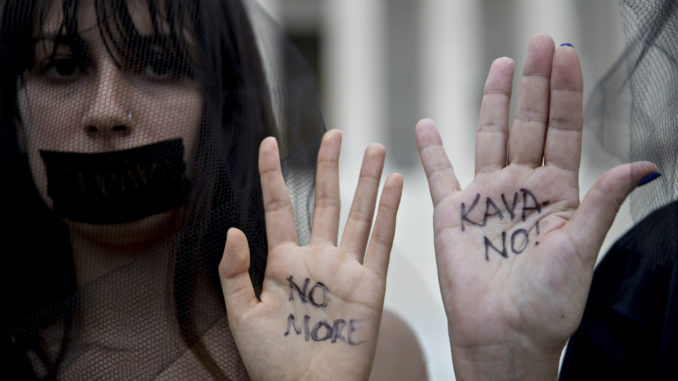
Me Too campaigners won the Sydney Peace Prize last week, and Me Too founder Tarana Burke and Australian journalist Tracey Spicer will be the representatives to receive the prize on Thursday 14 November at the Sydney Town Hall.
The MeToo Movement was chosen by Jury for the prize which is awarded by Sydney Peace Foundation at the University of Sydney. It highlights the importance of sexual assault into the whole Australia, and has provided the opportunities for woman to stand up and tell their experience after being sexually harassed or assaulted in workplace, campus or other public places.
The MeToo Movement was started in a grassroots network by Ms Burke in 2006. Her aim was to help survivors of sexual assault, especially for the black women and girls. She believes this issue will be ended if she continues the work, and advocates against the sexual violence.
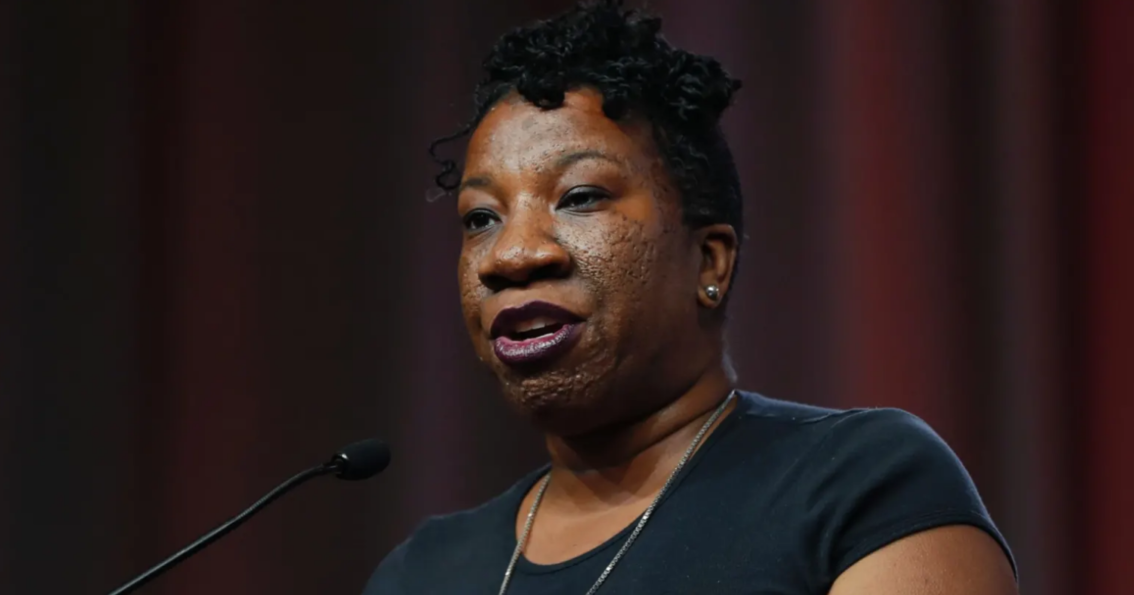
“Everyone should have the right to consent and safety no matter their identity and circumstance,” said Burke.
Large numbers of people speak out their voices in this movement, and become brave “silence breakers”. While Me Too is the label of all people’s unity, they launched this rejection of power, and rejected sexual violence, which accumulated a strong power.
Sexual assault has become one of the highest rates of reported issues in Australia in last 2 years. One in five women and one in twenty men have been sexually assaulted since age 15 in Australia, and it often happens on campus.
Scale of sexual assault on campus
According to the Red Zone report in 2018, 21,000 students were sexually assaulted on campus in 2015/2016, and nearly 200 sexual assaults happened on campus each week in Australia, which is 30 assaults per day.
The Red Zone report has 200 pages, and it was published by the University’s “End Rape on Campus”, which was aimed at the Orientation Week before the start of February each year.
It refers to the problem that first-year students are the most vulnerable to sexual assault and forced over-drinking during the orientation period.
The report reveals some issues taking place in the university. Most of them are senior students in the university, using power to pressure new students to achieve “the pleasure of sexual assault or abuse of others.”
“Although dozens of attempts have been made to stop this behavior for many years, sexual assault and bullying are continuing. In recent years, some students and parents have claimed that bullying has led to self-harm and even suicide.” Nina Funnell said, the co-author of this report.
According to ‘Change the Course’ report from human rights commission with 31,000 students in 39 universities participated, there are about 51 percent students that were sexually harassed at least once in 2016, with 6.9 percent students being sexual assault on campus in 2015 and 2016.
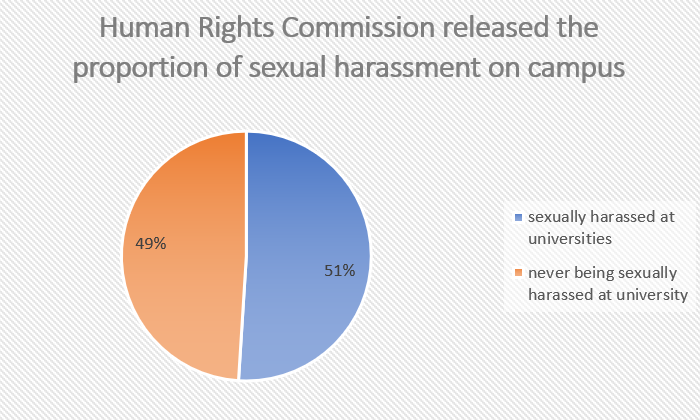
From the graph, it can be seen Australian National University has the highest rates of sexual harassment on campus, which accounts for 38 percent, followed by Bond Universities and University of Notre Dame.
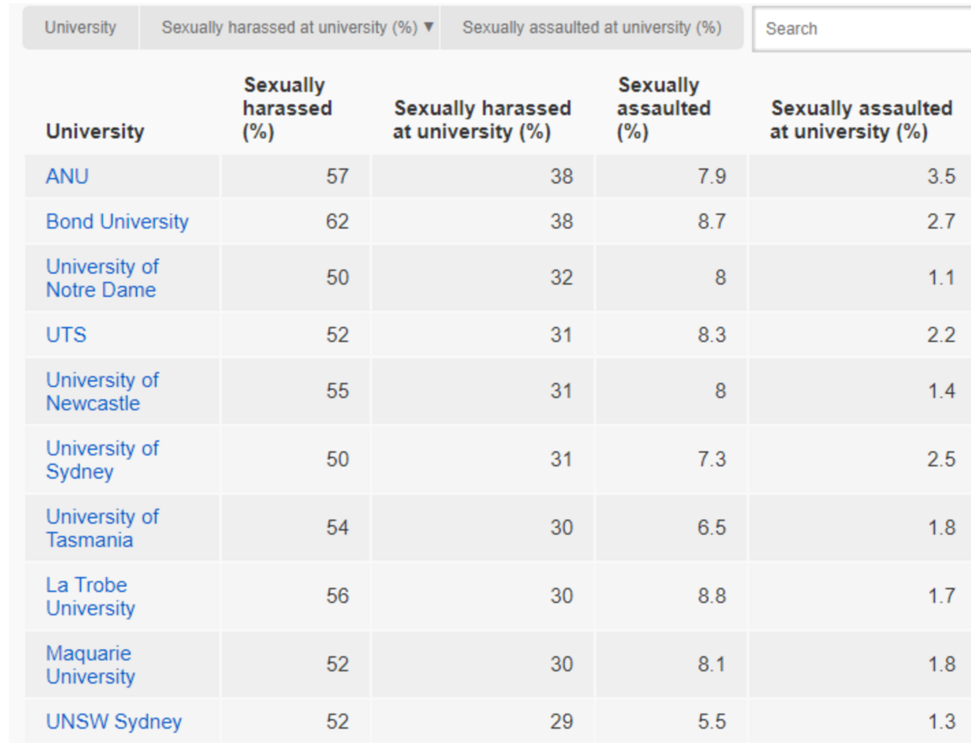
Women were twice than men who is sexually assaulted. The age group that suffers the most sexual harassment is the college student between the ages of 20 and 22.
The report shows that 94 percent of victims of sexual harassment and 87% of victims of sexual assault did not report their experiences to the university. The reasons were not reported are that the case is “not so serious” and “hard to speak out”.
Residential university is the “hardest hit” for sexual assault. It has many students from rural Australia or remote areas, and there are many international students who leave home the first time. It is easy to happen sexual assault.
With the highest rates of sexual assaults happening on campus, universities need to do more.
Students as the center: What the university is doing to end sexual assault?
Since the Human Rights Commission intervened in the investigation of sexual violence on campus and the release of the red zone report, Australia universities are paying more attention to the issues of sexual assault.
A new set of guidelines released in 2018 by the universities Australia, emphasizing that prevention education for sexual crimes should be placed at the heart of “student welfare”. As part of the measure to protect victims of sexual assault on campus, institutions should train all front-line staff as the first responders to sexual assault.
The Australian National University has hired a consulting company to review the strategies and procedures for responding to sexual violence, and also hired consultants to support student. The university offers residential students the opportunities to participate in the “Health Relations” workshop and open to all students in a linear knowledge course.
The university of New South Wales has also begun to review prevention and response mechanisms for sexual violence cases and has established an online platform for reporting cases of sexual violence.
“We staged the protest in 2016 and End rape on campus Live streaming 9 months ago due to the university’s silence on the issue of sexual assault on campus. Since the release of the Red Zone Report, the university has made a lot of commitments to change. However, the university has a long way to go to come up to scratch and help protect and support students,” said Jazzlyn Breen, Full time Usyd student, co-conveners of the women’s collective and one of the SRC’s sexual harassment officers.
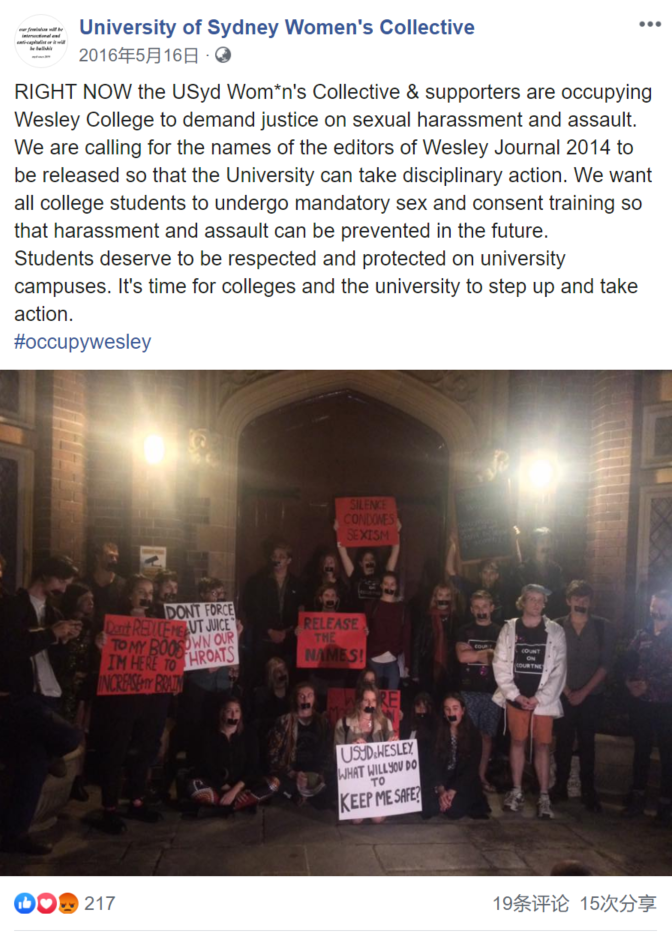
The Sydney university urges the faculty and students to finish the Consent Matters course before going to the university, and teaches how to clarify the distinction between “consent” and “disagree”. The university also adopted a new student sexual assault policy, which mark the human rights commission’s Change the Course report, to provide a safe, respectful environment for all students.
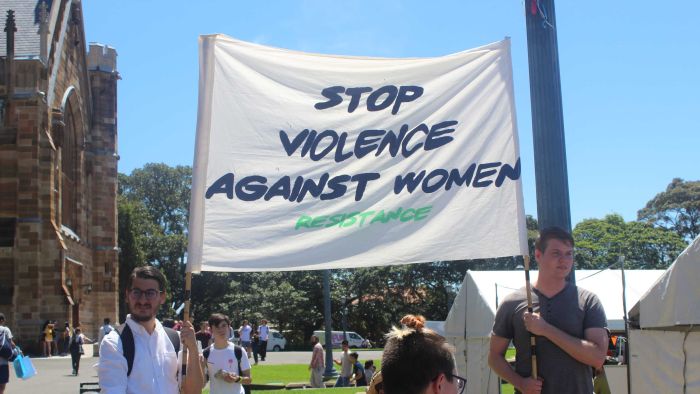
Breen also said a sexual assault reporting was introduced in one such example of a flawed attempt at improvement.
“I think the university should follow the MeToo movement, and put the younger women’s safety in priority. The university and all students should make effort to end sexual assault on campus, don’t be silent.”
How to report sexual assault on campus
The National Sexual Assault 1800 Respect
Family & Domestic Violence Counselling Line – 1800 737 732
Report if you are impacted by sexual violence, NSW Rape Crisis Centre on 1800 424 017


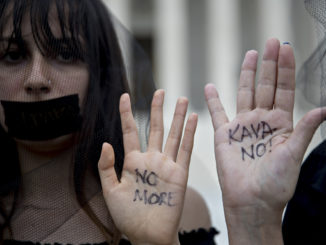
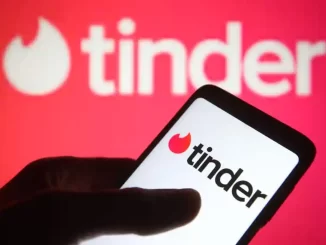
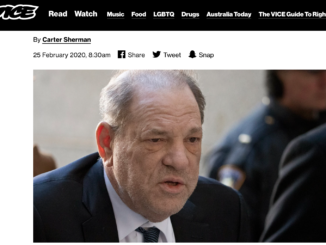
Be the first to comment